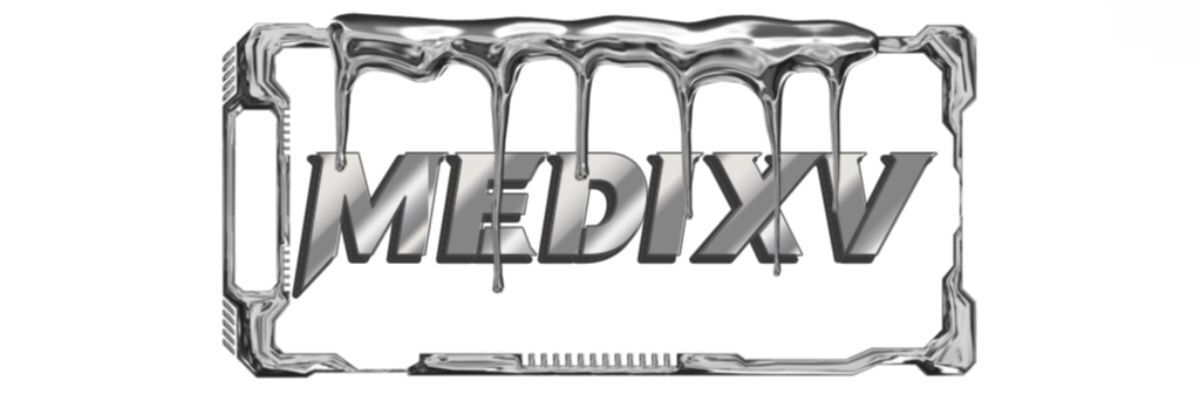Preventing Yellowing: The Best Non-Yellowing PU Hardeners
Preventing Yellowing: The Best Non-Yellowing PU Hardeners
Every artisan, whether they be woodworkers, painters, or DIY enthusiasts, shares a common concern: the dreaded yellowing of finishes over time. This phenomenon can mar the beauty of meticulously crafted pieces, taking away from the time and effort put into projects. As someone who has spent years navigating the complexities of coatings and finishes, I've seen firsthand how frustrating it can be to see beautiful creations tarnished by yellowing. In this article, we will explore non-yellowing PU hardeners, offering valuable insights into their effectiveness, advantages, and maintenance tips. By the end, you will be better equipped to select the best non-yellowing PU hardener for your projects.
Contact us to discuss your requirements of non yellowing pu hardener(vi,ar,ru). Our experienced sales team can help you identify the options that best suit your needs.
Understanding Non-Yellowing PU Hardeners
Non-yellowing PU hardeners are specialized formulations designed to cure polyurethane finishes while maintaining their clarity over time. Traditional polyurethane products often yellow due to exposure to UV light, heat, and environmental factors. This yellowing not only affects aesthetics but can also impact the integrity and durability of the finish. Non-yellowing PU hardeners provide a lasting solution, protecting your work from discoloration and ensuring a longer-lasting, vibrant appearance.
Strengths and Weaknesses of Non-Yellowing PU Hardeners
Strengths
Clarity and Aesthetics: Non-yellowing PU hardeners retain their transparent finish, allowing the natural beauty of wood or other materials to shine through without an unsightly tint.
Durability: These hardeners often yield more durable finishes that can withstand scratches, wear, and environmental factors better than traditional options.
Versatility: Suitable for a variety of applications—from furniture and cabinetry to artwork—these hardeners can meet the needs of different projects.
Weaknesses
Cost: Non-yellowing PU hardeners can be more expensive than traditional polyurethane options, which may be a deciding factor for some users.
Application Conditions: Some products may require specific temperature and humidity conditions for optimal curing, which can complicate the application process for novices.
Limited Availability: Not all hardware or specialty stores carry non-yellowing options, leading to potential sourcing challenges.
Comparing Non-Yellowing PU Hardeners
When it comes to non-yellowing PU hardeners, not all products are created equal. Here are some top contenders and their differences:
Product A: ClearPRO Non-Yellowing Hardener
- Overview: This high-performance hardener is known for its rapid curing time and excellent UV resistance.
- Ideal Use: Great for high-traffic surfaces like floors and countertops.
- User Feedback: Customers rave about its clarity and durability, noting minimal yellowing even after years of exposure.
Product B: PureShield EasyMix
- Overview: A user-friendly option that can be mixed easily and offers good scratch resistance.
- Ideal Use: Perfect for DIY enthusiasts looking to achieve professional-grade results without the fuss.
- User Feedback: Users appreciate its affordability and effectiveness, but some report longer curing times than expected.
Product C: UltraGuard Pro
- Overview: This industrial-grade hardener is designed for extreme conditions and heavy-duty applications.
- Ideal Use: Suitable for commercial spaces and projects requiring the highest level of durability.
- User Feedback: Noted for superior performance but may require more careful handling due to its potency.
Each option has unique strengths that cater to different needs, so it's essential to consider your specific project requirements when selecting a non-yellowing PU hardener.
Maintenance Tips for Non-Yellowing Finishes
To ensure the longevity and clarity of your non-yellowing PU finish, follow these practical tips:
Regular Cleaning: Use mild soap and water to clean surfaces—avoid harsh chemicals that can degrade the finish.
Avoid Direct Sunlight: Whenever possible, keep finished pieces out of direct sunlight to minimize potential UV exposure, even if the hardener is designed to be non-yellowing.
Reapplication: Periodically check your finishes for signs of wear and consider reapplying a non-yellowing topcoat to maintain clarity and enhance protection.
Key Takeaways
Investing in a high-quality non-yellowing PU hardener can save you from the frustration of yellowing finishes while enhancing the beauty and durability of your projects. With a variety of excellent options available, you can choose a hardener that fits your specific needs and application conditions. Remember to follow proper care and maintenance practices to extend the life of your finishes. By making informed decisions, you can ensure that your creations remain vibrant and stunning for years to come.
In your journey toward achieving flawless results, selecting the right non-yellowing PU hardener will make all the difference. Embrace the clarity and resilience that these advanced hardeners offer and keep your projects looking their best!
For more micro-cement for saleinformation, please contact us. We will provide professional answers.


Comments
0